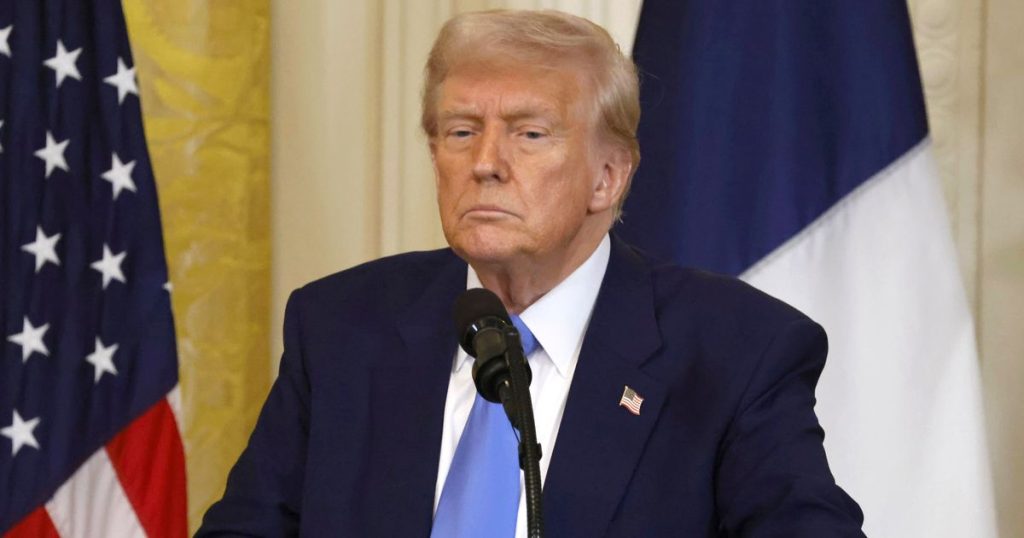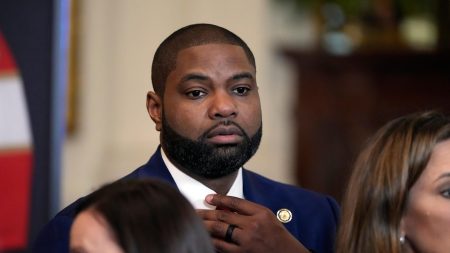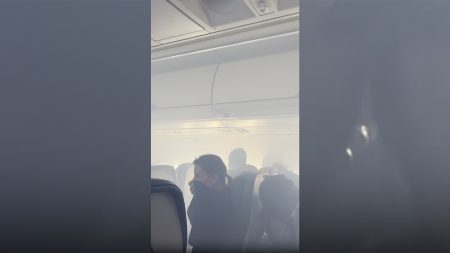A Federal Judge Weighs In on the White House vs. Associated Press Dispute
A federal judge in Washington, D.C., has declined to immediately order the White House to reinstate The Associated Press’ access to presidential events, stating that the news organization had not yet demonstrated irreparable harm. However, U.S. District Judge Trevor N. McFadden cautioned the Trump administration that legal precedent does not favor the White House in its decision to bar the AP from events such as those in the Oval Office and aboard Air Force One. The judge described the White House’s actions as appearing to constitute “viewpoint discrimination,” a concern central to the AP’s argument. While the ruling was not definitive, it set the stage for further legal exploration, with another hearing scheduled for March 20.
The White House’s Stance on Press Access
The White House has defended its decision to restrict the AP’s access, asserting that attending presidential events is a privilege, not a legal right. In a statement displayed in the White House briefing room, the administration emphasized, “Asking the President of the United States questions in the Oval Office and aboard Air Force One is a privilege granted to journalists, not a legal right.” The administration has also made clear its objections to the AP’s refusal to adopt President Trump’s preferred terminology for the Gulf of Mexico, which the president has rebranded as the “Gulf of America.”
The Associated Press Fights for Press Freedom
The AP has vehemently opposed the White House’s actions, framing the dispute as a First Amendment issue. The organization argues that the White House’s decision to single out the AP amounts to retaliation for its editorial choices, specifically its refusal to exclusively use the term “Gulf of America.” The AP’s legal team has emphasized that the case is not about compelling the president to answer questions from AP reporters but about ensuring that once the press pool is granted access, the White House cannot arbitrarily exclude a specific outlet based on its content or viewpoint. “We’re not arguing that the president of the United States has to answer The Associated Press’ questions,” said Charles Tobin, an attorney for the AP. “The issue is that once he lets the press pool in, he can’t say, ‘I don’t like you. You’re fake news. Get out.’”
The Broader Implications of the Dispute
The case has sparked widespread concern among news organizations, with dozens of outlets—including some that are generally favorable to the Trump administration, such as Fox News and Newsmax—signing a letter urging the White House to reverse its policy. Many see the dispute as a test of press freedom and the First Amendment, with potential implications for how future administrations handle media access. The AP, a non-profit news organization with a long history of providing unbiased reporting, has framed the issue as a fundamental matter of public interest. “We look forward to our next hearing on March 20 where we will continue to stand for the right of the press and the public to speak freely without government retaliation,” said AP spokesperson Lauren Easton.
The Role of the Press Pool and the White House’s Authority
One key point of contention in the case is the role of the White House Correspondents’ Association (WHCA), which traditionally selects the press pool that covers presidential events. Judge McFadden questioned whether the White House is obligated to adhere to the WHCA’s selection process, noting, “It feels a little odd that the White House is somehow bound by the decisions this private organization is making.” However, he also acknowledged that the White House has historically accepted the WHCA as a neutral arbiter, making its decision to single out the AP “problematic.”
The White House’s attorney, Brian Hudak, argued that the AP’s long-standing presence in the press pool does not entitle it to perpetual access. “That’s not just special access. That’s extra-special access,” Hudak said, emphasizing that the president has discretion over whom he engages with. However, Judge McFadden remained skeptical, suggesting that the White House’s actions could set a troubling precedent for press access.
The Larger Context of Press Freedom Under the Trump Administration
This dispute is not the first time the Trump administration has clashed with the media over access and terminology. During Trump’s first term, CNN reporter Jim Acosta’s White House credentials were revoked, leading to a legal battle that ultimately resulted in a court ruling in Acosta’s favor. The AP’s case represents another chapter in the ongoing tension between the Trump administration and the press, with the AP accusing the White House of targeting it for its editorial choices. The AP has noted that it continues to acknowledge Trump’s renaming of the Gulf of Mexico, even as it maintains its longstanding practice of using “Gulf of Mexico” in most contexts. The organization has also pointed to its coverage of other Trump administration decisions, such as the renaming of Mount McKinley to Denali, as evidence of its commitment to accuracy and fairness.
As the case moves forward, the courts will grapple with the delicate balance between a president’s authority to manage press access and the First Amendment rights of journalists to report on public officials without fear of retaliation. The outcome could have significant implications for the future of press freedom in the United States.
In summary, the dispute between the White House and the AP highlights the ongoing challenges of ensuring a free and independent press under the Trump administration. While the immediate ruling did not favor the AP, the judge’s skepticism of the White House’s position suggests that the legal battle is far from over, with potentially far-reaching consequences for press freedom.















